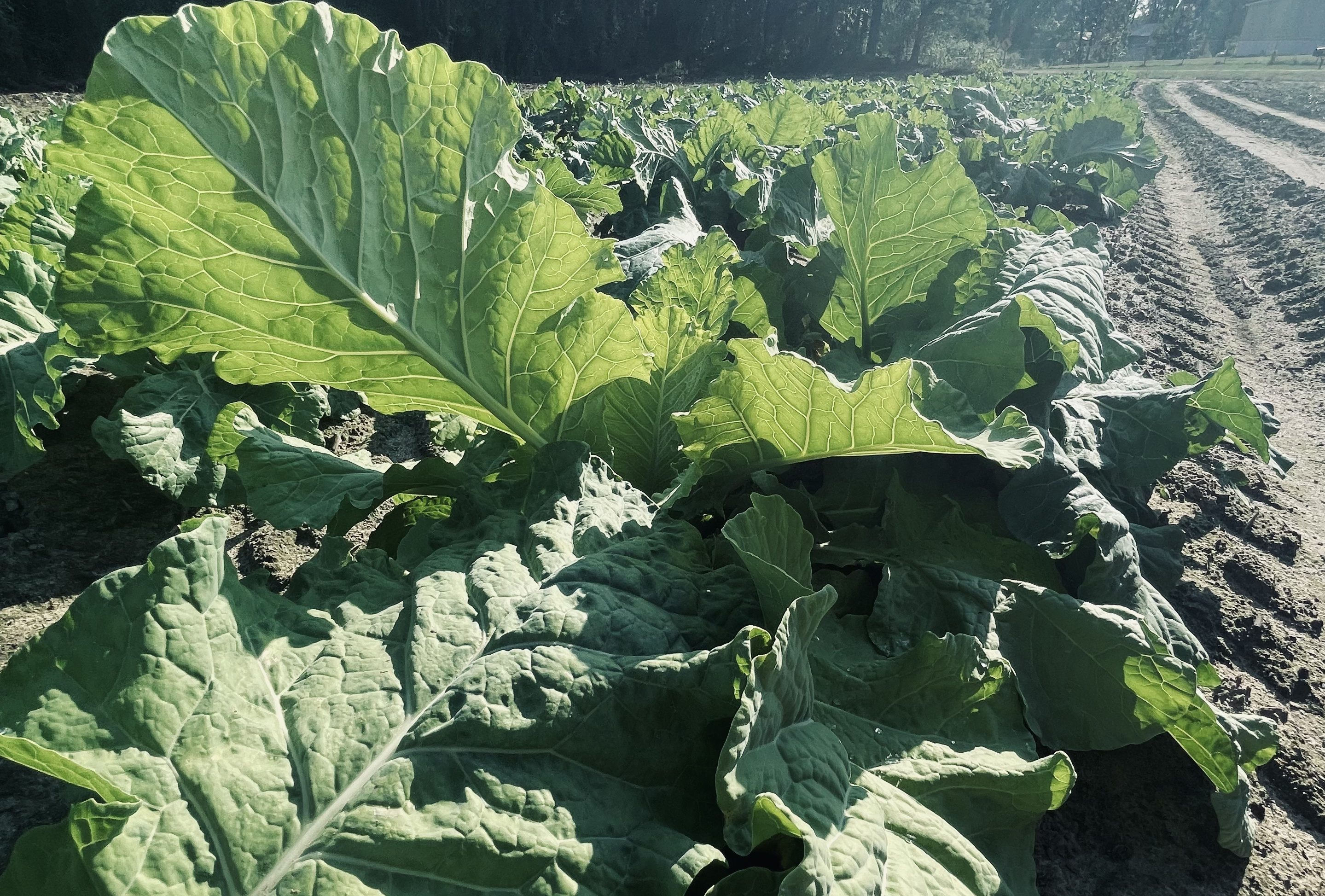Margaret Feinberg set out to do something I myself have attempted to do: better understand the Bible (and thereby better understand God) by observing the agrarian mainstays that repeatedly crop up in scripture. Specifically, she visited a shepherd, a farmer, a beekeeper, and a vintner with Bible in hand, asking their thoughts on Bible verses that reference sheep, grain, honey, wine and more.
I think this is a wonderful idea, and I encourage you all to do the same or similar. We must keep in mind that while the Bible is God’s Word to us, it was originally received and recorded by a culture very foreign to our modern Western world. We are disconnected from the every day realities of Old and New Testament living by not only time and space, but by refrigeration and agribusiness, grocery stores and suburban lifestyles, indoor plumbing and Clorox wipes. This disconnect between a modern lifestyle and Biblical cultural reality inhibits our understanding of many of the symbols and turns-of-phrase in scripture. As Feinberg herself says, “How can I understand the promise of a land overflowing with milk and honey when the only honey I buy comes in a bear-shaped bottle at my local grocery store?”[1]
Feinberg’s prose is straight-forward and simply written. She is not trying to communicate a complex systematic theology nor is she advocating a return to an agrarian culture. She is simply asking women and men who do this work and love it for their thoughts. I am struck by the humility of those she interviews.
Scouting the Divine begins with Feinberg’s visit to a shepherdess in Colorado. This is the longest visit/interview that Feinberg makes, and it seems to me that this is the most personal to her as well. This section goes beyond just an interview and tour. Spending the better part of two days on this farmstead, Feinberg works alongside her new friend, learning the sheep by name, experiencing firsthand the connection between sheep and shepherd. She gleans wonderful insight into Jesus’ role as the Good Shepherd who knows his sheep and whose sheep respond to his voice.
Feinberg’s other three interviews are more brief and less hands-on, my only criticism of this book. I wish that she had been able to not only spend more time on each subject, but that she had been able to really get her hands dirty in the work. Nevertheless, each interview and tour provides good insights into the meaning behind biblical phraseology. The interview with the beekeeper was a standout to me (probably because of my own beekeeping endeavors), and especially his observation about a land flowing with honey:
“God promised his people a land where everything was in top working order. This was a land abounding in fruitful pastures and efflorescent vegetation. This was a land functioning in its proper, God-designed rhythms. The result was natural abundance. The description “overflowing with honey” offers a glimpse into what God desires and promises us all- an invitation for us to taste and see that the Lord is good.”[2]
I also appreciated Feinberg’s conversation with Kristof, a vintner in Napa Valley. Kristof’s observations of those who tend their vines well and those who do not, and the effects it has on the wine, were especially poignant. Feinberg closes her time with the vintner by sharing:
“Because the vines, your vines, are a perfect portrait of abiding. The vine is the source of everything for the branch- every nutrient, every life-giving drop of water, every hint of growth. The branch is completely dependent on the vine. But even in those moments when I grow wild or unbalanced, God is faithful as a vinedresser to perform all the small cuts I need to remain fruitful. So in that place where I am abiding in Christ under the watchful eye of the Father, I can trust that the Father will be pruning those areas and desires in my life that don’t line up with where he wants me to go.”[3]
Overall, I liked this book and would recommend it. If anything, though, I wanted more from it (which is much better than walking away wanting less). I believe this book is a good introduction to seeking out a more agrarian understanding of the Bible, but it is only a beginning. As always, we all need to continuously dig deeper to further plumb the depths of God’s word.
[1] Feinberg, Margaret. Scouting the Divine. 11.
[2] Ibid. 144.
[3] Idib. 191.

I raised sheep in High School with FFA. I was surprised when I knew my sheep’s voice and call in the midst of a huge summer fair barn. Hundreds of sheep baaing, but I knew my sheep’s voice.
LikeLike
Can I borrow this book also? I definitely feel the agrarian-ness, if that is a word, toward the Bible, leaning into relationship with everything around us.
LikeLike